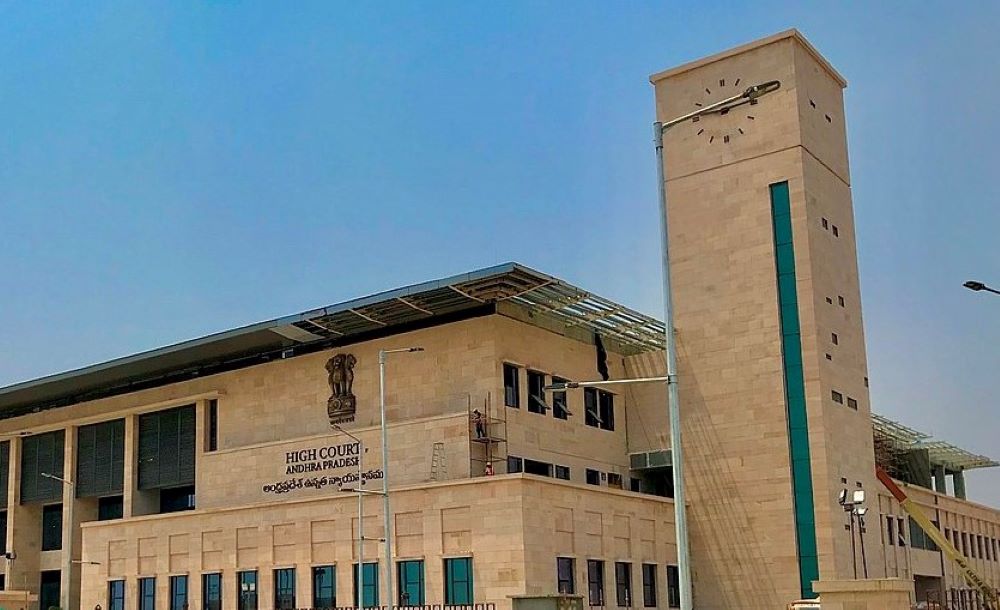LI Network
Published on: 18 August 2023 at 14:53 IST
The Andhra Pradesh High Court has reiterated the significance of safeguarding individuals from sexual harassment and ensuring their right to work with dignity in, C. Govinda Rajulu V. The State of Andhra Pradesh and Ors.
The court’s ruling came in reference to a case involving a junior assistant from the 2nd Battalion of APSP in Kurnool who faced allegations of misconduct towards a fellow female colleague.
Citing the landmark judgment in Vishaka and others v. State of Rajasthan and others [(1997), the court emphasized the fundamental human rights of gender equality, protection from sexual harassment, and the right to work with dignity.
It highlighted that these rights are universally recognized and integral to a safe working environment for women.
The division bench, comprising Justice Ravi Nath Tilhari and Justice K. Manmadha Rao, stated that the petitioner had engaged in acts against gender equality by engaging in misconduct towards a female junior assistant, infringing on her personal space and dignity.
Stressing the importance of a safe workspace for women, the court referred to the Vishaka Guidelines, which outline the necessity for appropriate disciplinary action against those who cause sexual harassment in the workplace.
The case revolved around a junior assistant who, despite his reinstatement, was charged with misconduct towards a fellow colleague.
The petitioner’s history of prior suspensions, disciplinary actions, and continued inappropriate behavior over an 18-year service period highlighted a concerning pattern of alleged harassment and misconduct.
The court reviewed the Enquiry Officer’s comprehensive investigation based on Rule-20 of A.P. Civil Service Rules-1991, along with statements from prosecution witnesses.
The court determined that the petitioner’s actions created a hostile environment, involving obstructing the complainant’s path, making unwarranted advances, and using threats to intimidate.
Referring to the Vishaka case, the court emphasized the guidelines established by the Supreme Court for workplaces to ensure gender equality and prevent sexual harassment until specific legislation is enacted.
Based on the evidence presented, including eyewitness testimonies and administrative warnings, the court concluded that there were no procedural defects in the inquiry process or in imposing the penalty. The imposition of the penalty of removal from service was deemed proportionate to the charges proven.
The case title is C. Govinda Rajulu v. The State of Andhra Pradesh and Ors.

